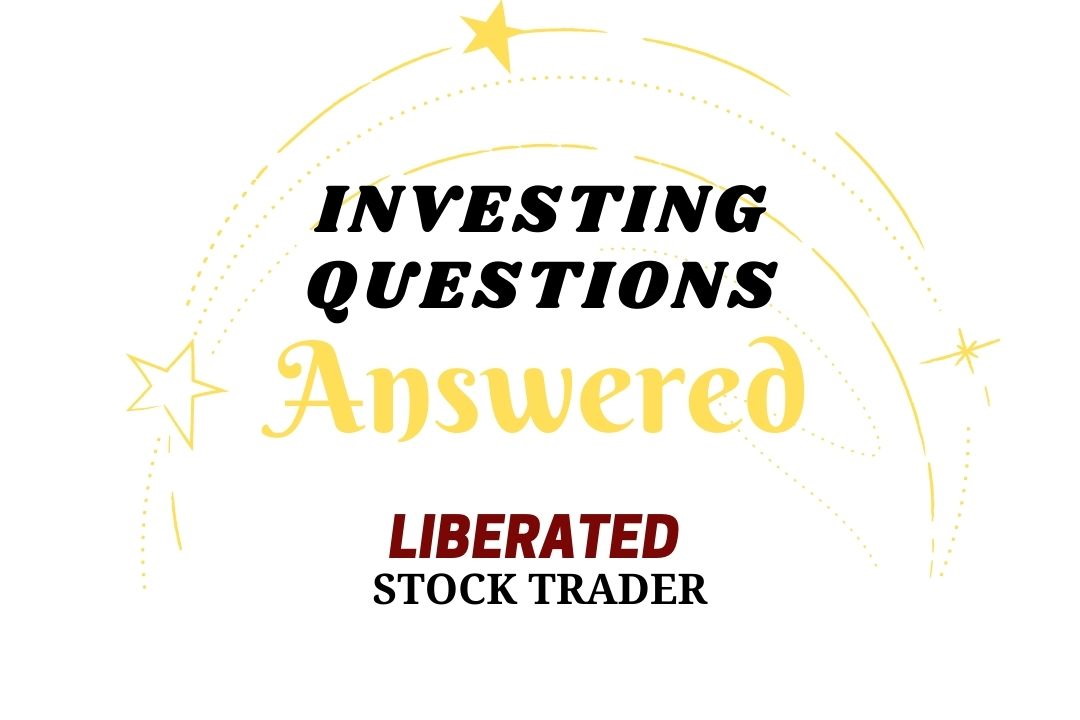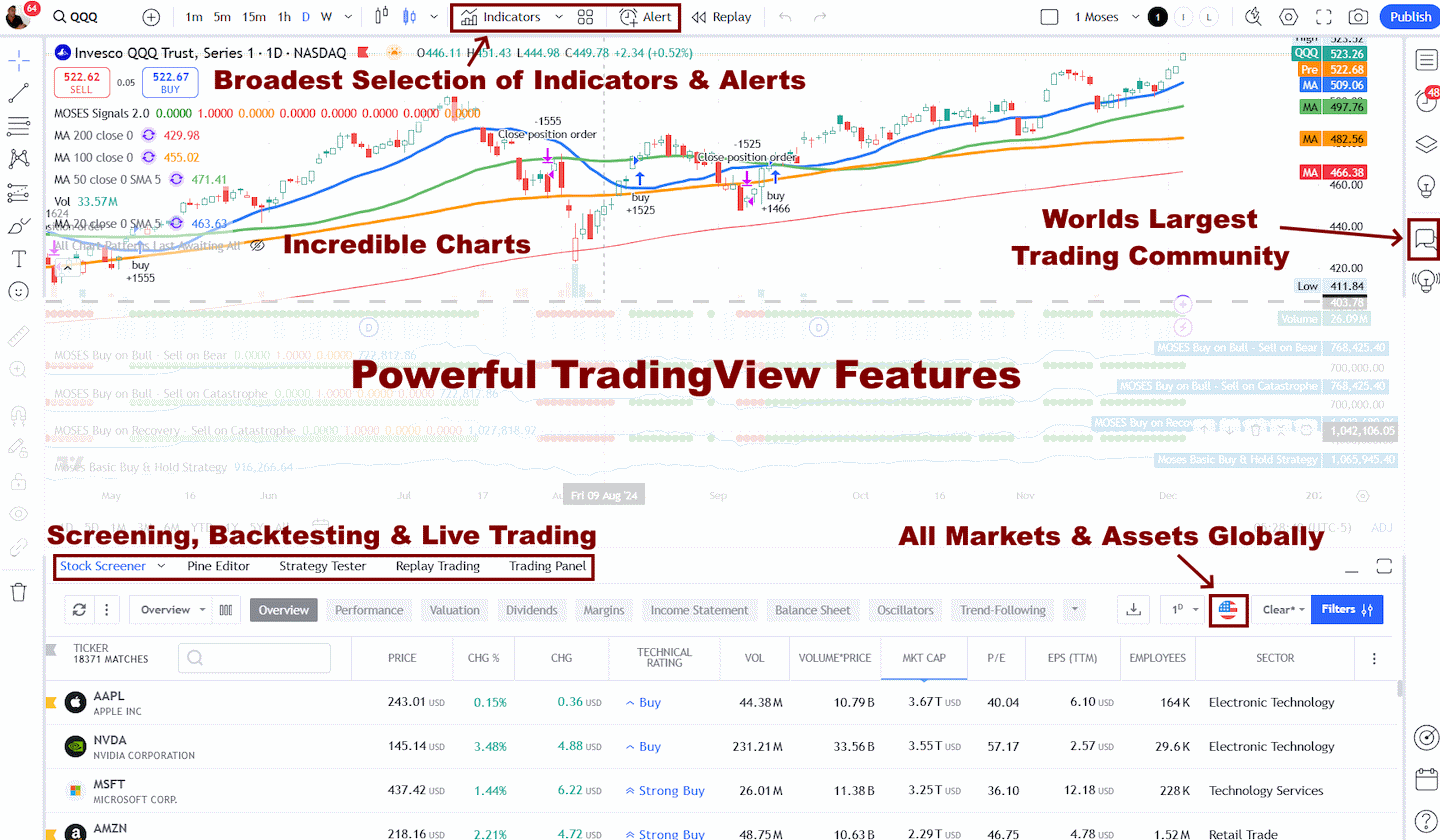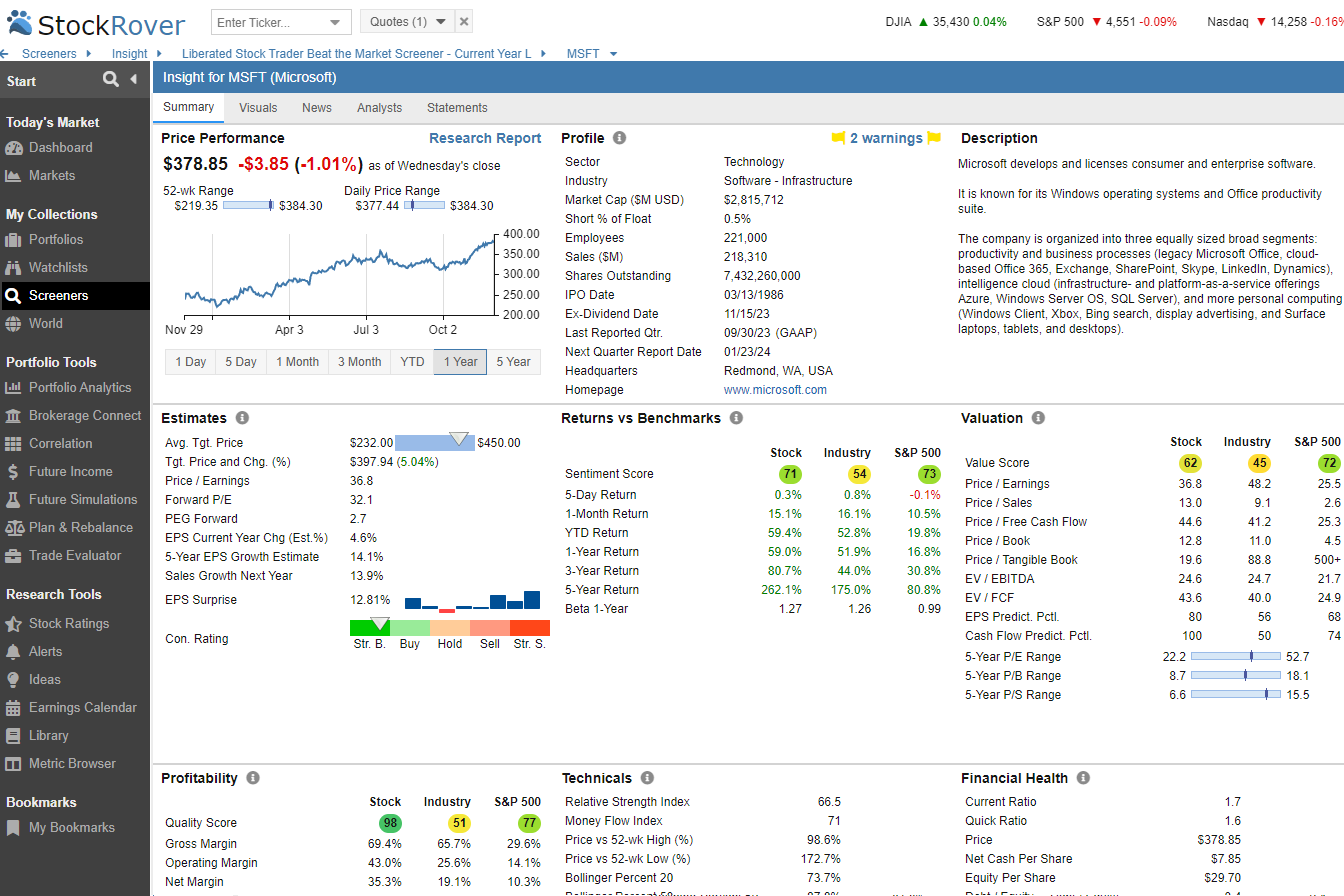Money markets play a crucial role in greasing the wheels of economic activity, ensuring a smooth flow of funds from those who have it to those who need to borrow it. Investors can use money markets to protect capital from inflation.
Discover the inner workings of money markets and learn how to invest in them!
What is a money market?
A money market is a financial market where participants buy and sell short-term debt instruments, such as certificates of deposit (CDs), treasury bills, commercial paper, banker’s acceptances, repurchase agreements, and other forms of debt.
Money markets are important for facilitating the flow of funds between lenders and borrowers to facilitate economic activity. Money markets provide a safe, liquid place to park excess funds or borrow short-term.

How do money markets work?
Money markets essentially act as the intermediaries between lenders and borrowers of short-term funds. In exchange for providing liquidity to their borrowers, money market participants receive interest income on the instruments they lend out.
Issuing and trading debt instruments in the money markets is relatively straightforward. First, the issuer decides on a maturity date and interest rate for the instrument. Once these terms have been set, the debt instruments can be sold to investors in the money market. Investors can then trade these debt instruments with each other until they mature or are called back by the issuer.
Money markets also serve as a haven for investors looking to park their funds in low-risk, short-term investments. Investors can choose from various money market instruments, including treasury bills, commercial paper, certificates of deposit (CDs), and repurchase agreements. These instruments typically offer higher interest rates than cash equivalents such as savings accounts or mutual funds.
Money markets facilitate the circulation of money and provide a vital supply of money from those who have it to those who need to borrow it.
Money is widely seen as a commodity in its own right and is traded like one. This transfer of money is vital to the help of an economy and provides an efficient way of distributing capital.
My thorough testing awarded TradingView a stellar 4.8 stars!
With powerful stock chart analysis, pattern recognition, screening, backtesting, and a 20+ million user community, it’s a game-changer for traders.

Whether you're trading in the US or internationally, TradingView is my top pick for its unmatched features and ease of use.
Explore TradingView – Your Gateway to Smarter Trading!
An example of how money markets work
If you went to your bank for a car loan, the bank would typically lend you the money by issuing asset-backed commercial paper (ABCP). Mortgage-backed securities fund a mortgage. These are offered on the money markets, and the entity that lent the money to the institution will profit relative to the security risk.
In the example below, the commercial lender and the money market institution make a certain percentage of the deal’s profit. The accumulated cost of money + the percentage profits for the commercial lender and the ABCP owner should equal the effective percentage you repay on your car loan.
Individual < – (Car Loan) (ABCP) -> Money Market Institution
Types of Money Market Instruments
Money market instruments are generally short-term investments that provide liquidity and stability to the financial markets. The most common types of money market instruments include:
- Certificates of deposits (CDs) are financial instruments issued by commercial banks and other financial institutions that guarantee the repayment of principal plus interest at a specified date.
- Commercial paper—Commercial paper is an unsecured promissory note issued by a company with a fixed maturity date, usually up to one year.
- Banker’s acceptance – Bankers’ acceptances are short-term debt obligations issued by a company and guaranteed by a bank.
- Repurchase agreements—A repurchase agreement is an agreement between two parties in which one agrees to buy securities from the other at a set price, with the understanding that they will buy them back at a later date for a higher price.
- Eurodollar deposits are deposits denominated in United States dollars held in banks outside the United States.
- Treasury bills – Treasury bills are short-term debt securities issued by the U.S. Treasury with maturities ranging from a few days to 52 weeks. They are sold in $100,000 or more denominations, providing investors with safe vestments and guaranteed returns.
Each of these instruments allows investors to earn a return on their money without taking excessive risk. Treasury bills are short-term debt obligations issued by the government, CDs are deposits held at banks and other financial institutions, commercial paper is unsecured debt issued by corporations, bankers’ acceptances are promissory notes issued by banks or other financial institutions for businesses, and municipal bonds are debt securities issued by states and municipalities.
Example of investing in Money Market Instruments
Investors can use any of these instruments to invest their money over a specific period, depending on their needs and risk tolerance. For example, if an investor is looking for low-risk, short-term investments, Treasury bills may be the best option. Alternatively, investors may be more interested in CDs or commercial paper if they want higher yields and can tolerate moderate risk. Municipal bonds are a good option for investing in debt with tax-exempt interest income. Finally, bankers’ acceptances offer a relatively secure form of investment that yields higher returns than Treasury bills.
How does a money market account work?
A money market account is a savings account that pays interest on deposits. It typically requires higher minimum balances than regular savings accounts but offers higher rates of return due to its longer-term investments.
Is a money market account FDIC insured?
Money market accounts are FDIC-insured and can be used as an emergency fund, short-term savings vehicle, or long-term investment opportunity.
Are money market accounts safe?
Money market accounts are generally considered safe investments due to the FDIC insurance and the fact that most money markets offer limited access to funds. They can also provide higher yields than other savings vehicles, such as regular savings or certificates of deposit (CDs).
What is a certificate of deposit (CD)?
A Certificate of Deposit (CD) is a deposit account offered by financial institutions, such as banks and credit unions, which pays a fixed interest rate over the CD term. CDs have an initial minimum deposit amount, a maturity date when funds become available for withdrawal without penalty, and a stated rate of return. A CD lets you earn money on your savings while ensuring your principal is FDIC-insured. CDs generally offer higher interest rates than other types of savings products.
Can you lose money in a money market account?
No, a money market account is considered a safe FDIC-insured investment. The funds in the account are invested in low-risk securities, so the risk to your principal is minimal. However, as with any investment product, there is always some potential for loss due to market fluctuations and changes in government regulations. Before investing your funds, please read all information about the money market account and its associated risks.

Try Powerful Financial Analysis & Research with Stock Rover
10 Tips for Money Market Investing
- Understand Your Financial Goals: Before investing in money markets, determine your financial objectives. Are you seeking short-term gains, or are you aiming for long-term growth? Your goals will dictate your investment strategy.
- Research Thoroughly: Familiarize yourself with the nuances of the money market, including its dynamics, trends, and key players.
- Diversification is Key: Don’t place all your eggs in one basket. Diversify your investment portfolio to mitigate risk.
- Keep an Eye on Interest Rates: Interest rates significantly impact money market returns. Monitor them regularly to make informed investment decisions.
- Start Small: If you’re new to money markets, start with a small investment to understand the market dynamics without taking on too much risk.
- Stay Updated: Stay updated with financial news and global events, as they can deeply impact money markets.
- Consider Professional Advice: If you’re unsure about your investment decisions, seek advice from financial advisors.
- Patience is a Virtue: Money market investments may not yield immediate returns. Patience is key in this sphere.
- Risk Management: Always consider the risk-reward ratio of your investments. Never invest more than you can afford to lose.
- Review Regularly: Regular review of your investment portfolio helps identify non-performing assets, enabling timely corrective actions.
Summary
Money markets are a safe investment option, offering FDIC insurance and low-risk securities. However, as with any investment product, there is still the potential for loss due to market fluctuations and changes in government regulations. Read all information about the money market account before investing your funds.
